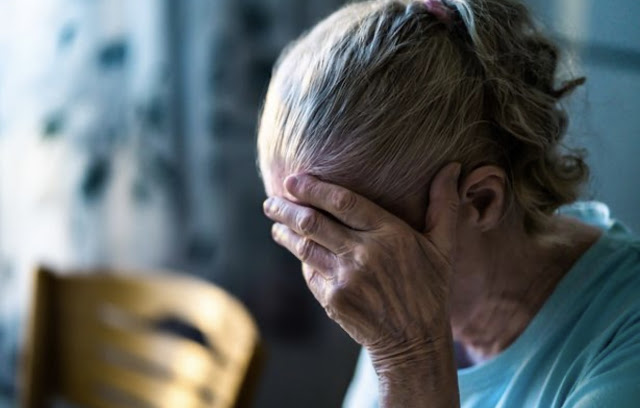Inspiring Change Through Personal Stories: Triple-Negative Breast Cancer "Hometown Heroes"
Inspiring Change Through Personal Stories: Triple-Negative Breast Cancer "Hometown Heroes"
| Sharing Their Stories To SPark Change |
Lyndsay was pursuing her dream career when life took an unexpected turn. Keisha was in the prime of her physical fitness when she received life-altering news. Jazmine, just 28, was confronted with a challenging diagnosis. What unites these remarkable women? They are warriors who faced a diagnosis of triple-negative breast cancer (TNBC).
Triple-negative breast cancer (TNBC) is a particularly aggressive subtype of breast cancer. It tends to grow rapidly and carries a higher risk of spreading and recurring after treatment, in comparison to other forms of breast cancer. Disturbingly, Black women are approximately twice as likely as White women to be affected by this aggressive form of cancer. TNBC is most frequently observed in women under the age of 40, among Black individuals, or those carrying BRCA1 or BRCA2 mutations.
Lyndsay, Keisha, and Jazmine are celebrated as "Hometown Heroes" in recognition of their extraordinary efforts to raise awareness and advocate for at-risk women in their communities. They have joined forces with Emmy-nominated television host Nina Parker and the 17-year TNBC survivor Maimah Karmo, founder of the Tigerlily Foundation, in a candid conversation addressing the disparities that Black women confront.
The Urgent Need for Action
While the overall breast cancer death rate in the United States has decreased by 43% over the last three decades, this progress has not extended to Black women. Despite having a 4% lower incidence rate of breast cancer compared to White women, Black women face a 40% higher breast cancer death rate. Breast cancer ranks as the leading cause of cancer-related fatalities among Black and Hispanic women in the U.S. TNBC accounts for about 10-15% of all breast cancer cases.
Healthcare disparities play a pivotal role in these alarming statistics. Black women often encounter insufficient access to screenings, treatment, and crucial preventive and educational resources. Deep-rooted historical obstacles within the healthcare system, including limited access to education and clinical trial participation, continue to impact outcomes for Black women.
Jazmine, a nurse herself, sees these disparities through a dual lens. She emphasizes the importance of healthcare providers understanding their patients' cultural backgrounds for more effective communication. The Chicago resident has even initiated a podcast alongside fellow healthcare professionals to disseminate valuable information to those at risk in her community.
Maimah underscores the urgency of addressing the disparities faced by Black women, especially those at risk for TNBC. She calls for a united effort within the oncology community to enhance access to screenings, ensure equitable access to treatment, and provide comprehensive education and support.
Prioritizing Self-Care
Nina, whose mother battled breast cancer, learned a valuable lesson in the importance of self-care. Her mother, typically the emotional pillar of their family, found herself unable to care for others as she had always done. It was a pivotal moment when her mother put herself first.
This phenomenon of Black women prioritizing the needs of others over their own is not uncommon. Jazmine explains, "As Black women, we're expected to be incredibly strong and provide support for others. We often don't voice our own needs." She advocates for open and honest communication about one's needs during treatment, emphasizing that this shift can lead to significant progress.
Keisha's experience echoes this sentiment. Diagnosed with cancer at the age of 50, she grappled with the responsibilities of being a mother, a wife, and a career woman while undergoing treatment. The Bay Area resident felt torn between self-care and caregiving, experiencing guilt in the process. Keisha has since found her own path to self-care by sharing her story on social media, offering support and hope to others.
The Power of Personal Narratives
Lyndsay emphasizes the importance of advocacy for TNBC patients and the power of storytelling. She believes in the need for increased awareness, more shared experiences, and storytelling to illuminate the path for those affected by TNBC. Lyndsay's personal journey with TNBC, which began at the age of 37 while working as a TV journalist in New York City, led her to return to her hometown in Houston, Texas, for the support she required during treatment. This experience ignited her passion to establish an organization that fosters a supportive community for women facing cancer.






